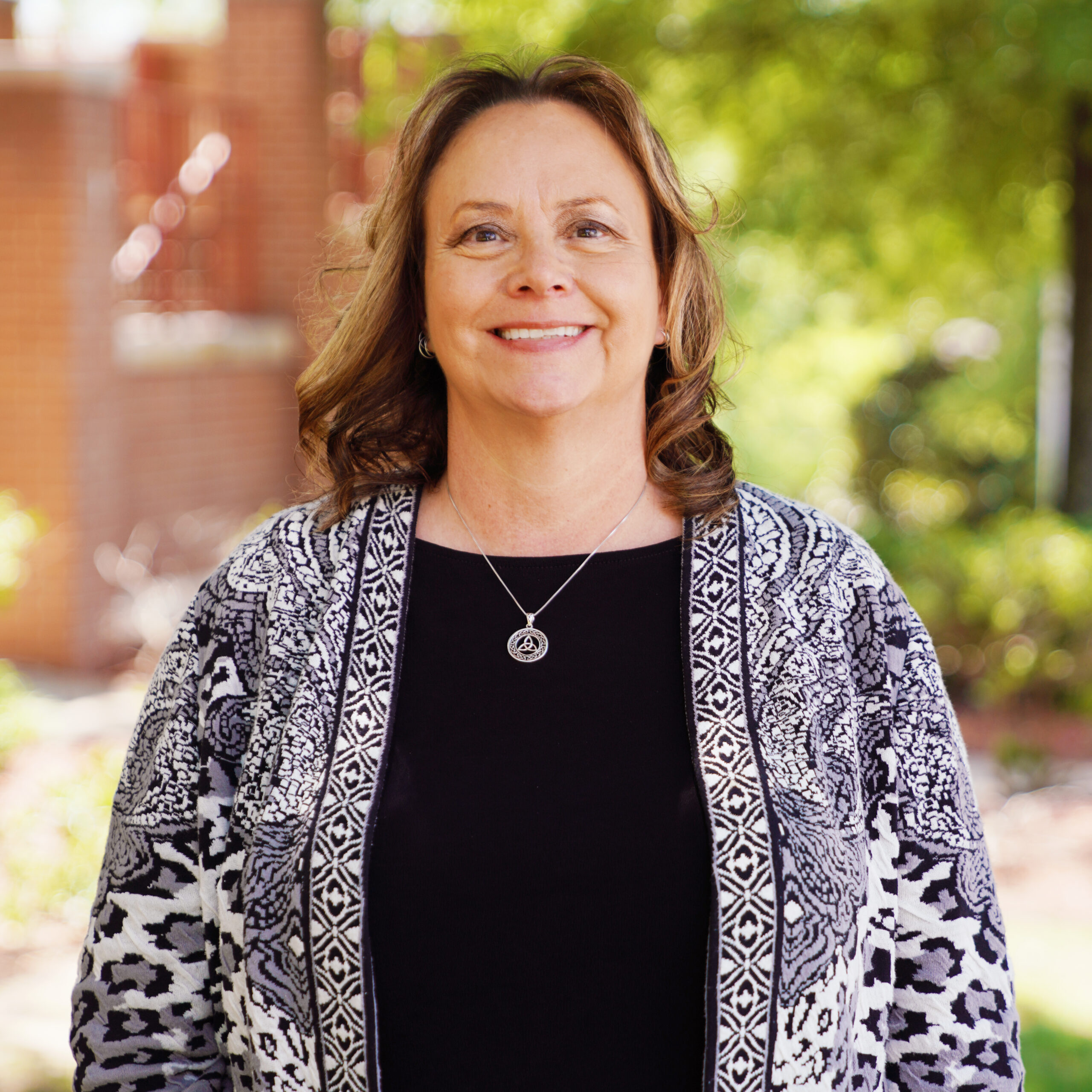As I reflect on Veterans Day, I look back on my life and remember the years gone by: years when I didn’t even notice Veterans Day, years when I was serving, years in the church when I could stand when the pastor called on us, years as the pastor when I invited veterans to stand and be recognized, and it begs the question: what can we do in the United Methodist Church to help the veterans church in our congregations besides just giving them a minute in the middle of a worship service once a year?
Now don’t get me wrong, standing up is good: we need to stand in and stand up for our veterans. There is a very small percentage of our population who have actually served. It makes it hard to relate to the issues faced by our veterans. Many veterans are invisible unless they tell you or you ask.
Education is central to making a difference for our churches being effective partners with the Veterans Administration and working with other veterans’ organizations. I was happy to see so many United Methodist pastors at a recent VA CAB (Community Action Board) Summit. We were standing up and standing in for our veterans (and their dependents) at that meeting. I saw some of the same people at the VA Mental Health Summit the week prior and was impressed with the Suicide Prevention Panel that spoke to us. It reminded me of the lectionary text from October 9 about the 10 lepers (Luke 17:11-19). Only one was willing to return and thank Jesus, and Jesus asks, “were not all healed?” Jesus is central to the healing of our veterans from the visible and invisible wounds of war. Moral injury will be a significant area that clergy and churches can help partner with the Veterans Administration. There are six VA CAB Groups in the state: El Dorado, Russellville, Searcy, North Central, Jonesboro and Hot Springs. Join the CAB in your area and see how you can make a difference right there in your community. For more information, you can contact: vaclergypartnership@gmail.com
We were all beneficiaries of the sacrifices of our veterans and it is time for us to do something to help. One of the questions we often asked is how can we thank our veterans? This is how I answer that question:
Personally, I don’t care if you stand for the national anthem. I do, but I served so that you can decide for yourself. What I care about is making sure that our veterans can access healthcare. What I care about is that our veterans can access mental healthcare, what I care about is that female veterans are acknowledged and treated, what I care about is that we put our money where our mouth is and fund said care.
What makes me angry, as angry as Jesus in the temple, is that 20 veterans a day are killing themselves, and the state of Arkansas is not giving as single dollar to help prevent it. We don’t even have a state run call center. So when an Arkansan, veteran or civilian, calls for help it might be answered in Tennessee or Michigan or Washington D.C., not someone who can understand the perspective of a rural Arkansan.
How can we help? Be aware. Advocate for changes in state priorities. Can you imagine if twenty kids were dying every day from a treatable disease what a massive reaction we would have in the media, politicians, doctors, and churches? Saying thank you is awesome but fighting for their wellbeing is where we can make a real difference. It is where the rubber hits the road, we can say thank you all day long and not help anyone. It is harder to fight against our own pocketbook interests. It brings this scripture passage to mind:
James 2:16 (CEB)
16 What if one of you said, “Go in peace! Stay warm! Have a nice meal!”? What good is it if you don’t actually give them what their body needs?
I am proud to be a veteran and a United Methodist. We have impacted the world with our passion, dedication and determination; from working on the eradication of malaria to ending childhood hunger. I am convinced we can have a positive impact on reducing veteran suicides in our state and through our faith help our veterans come all the way home.
